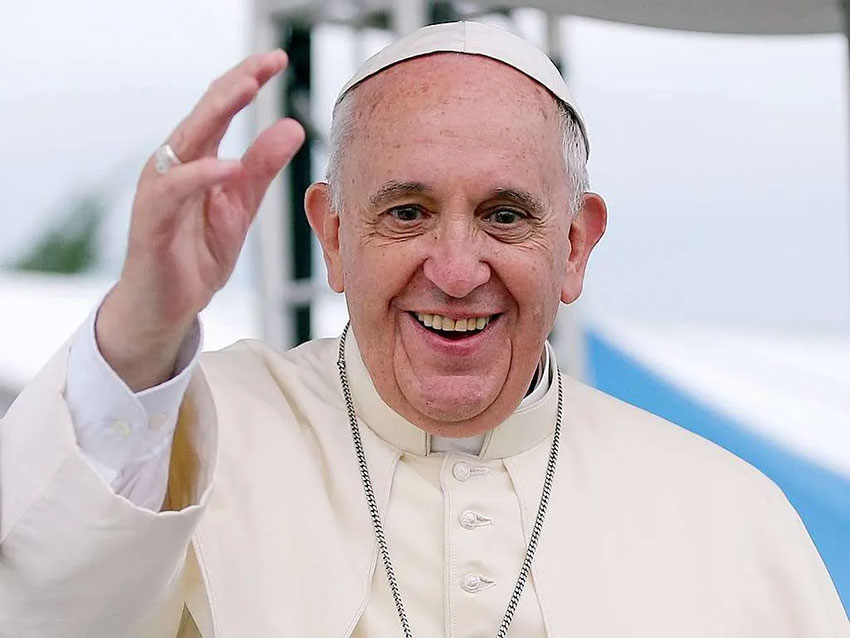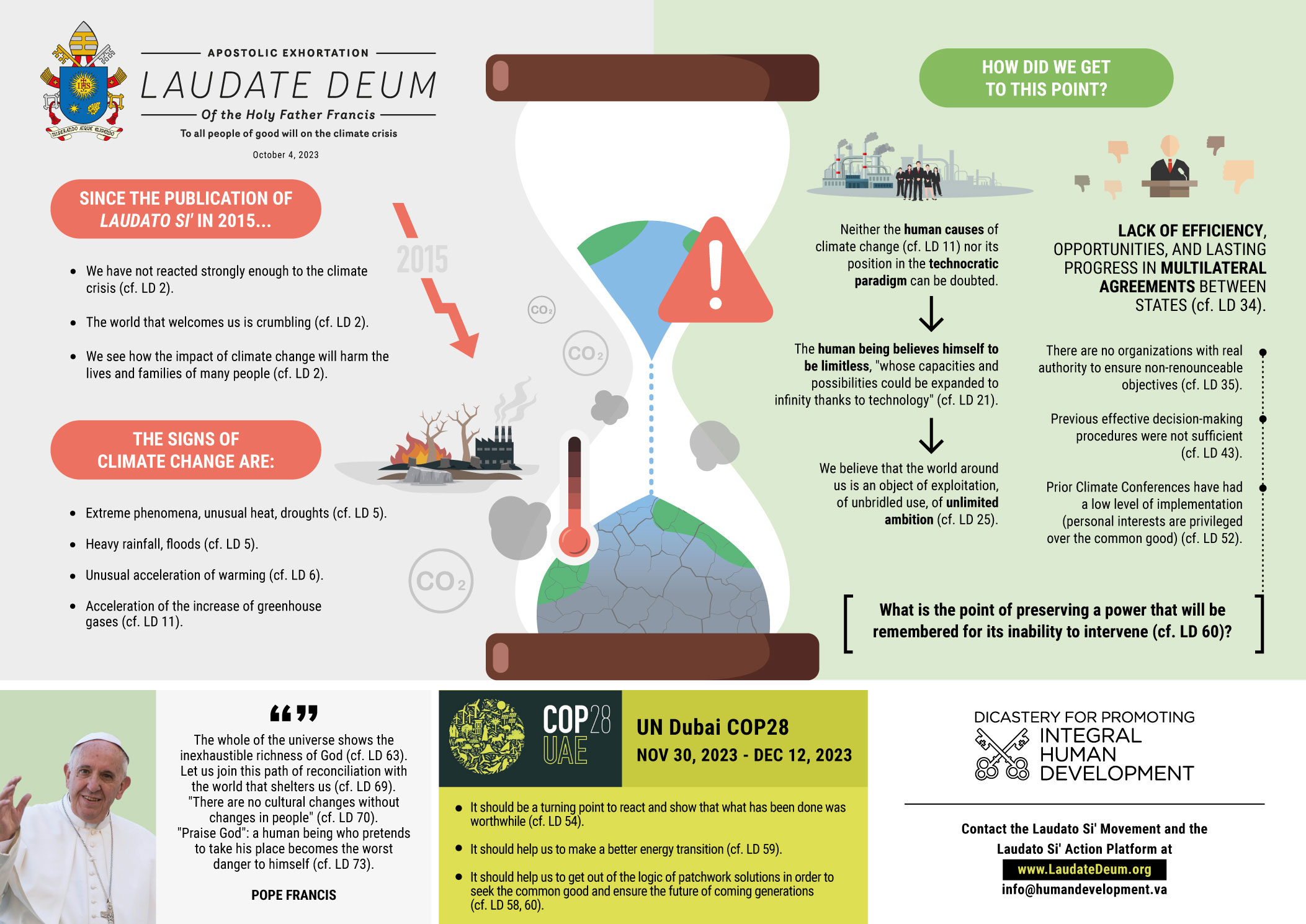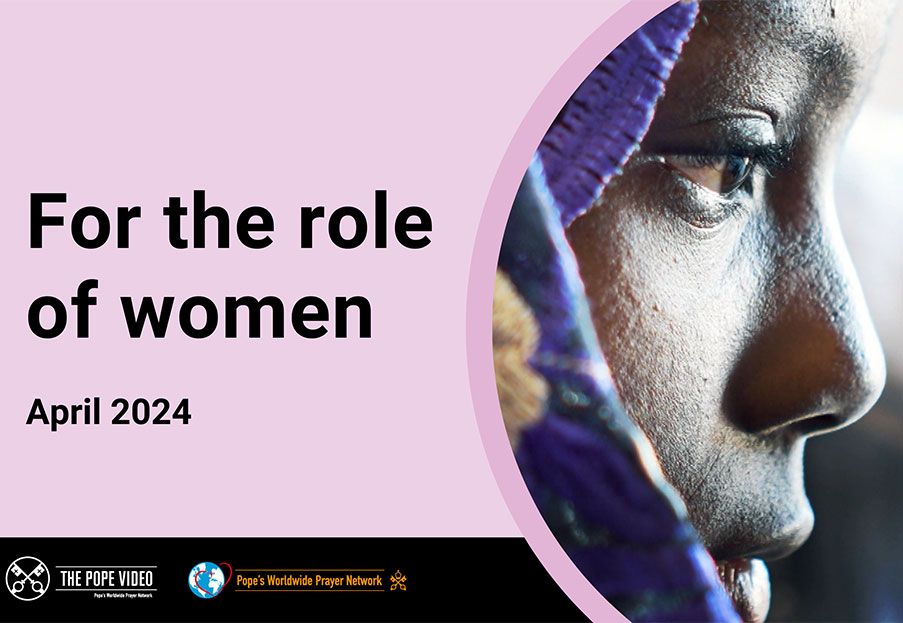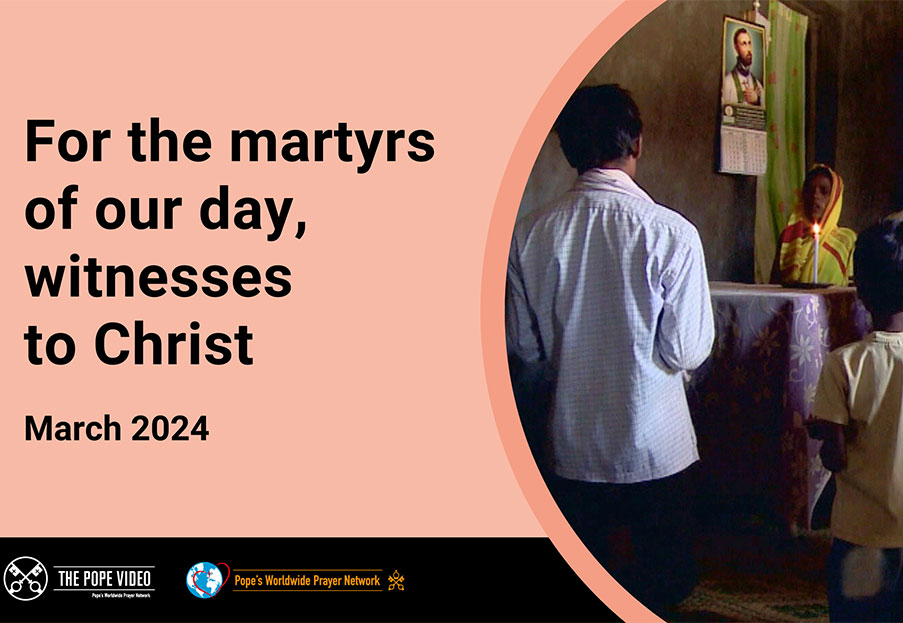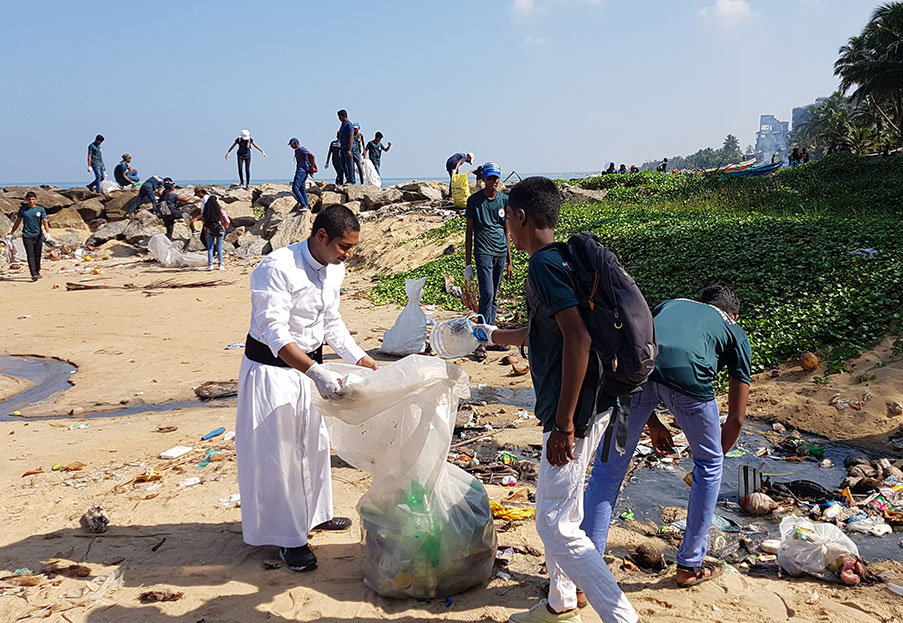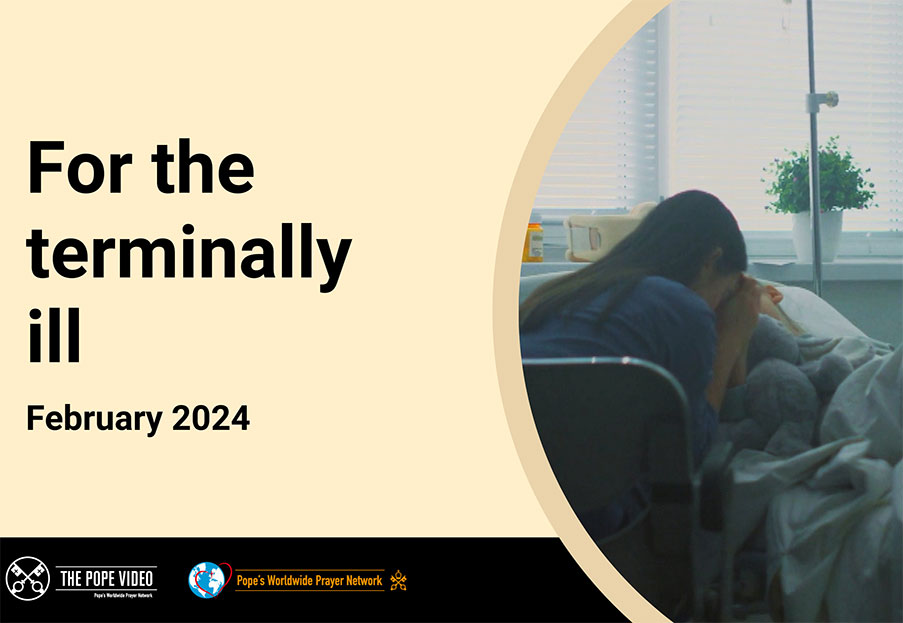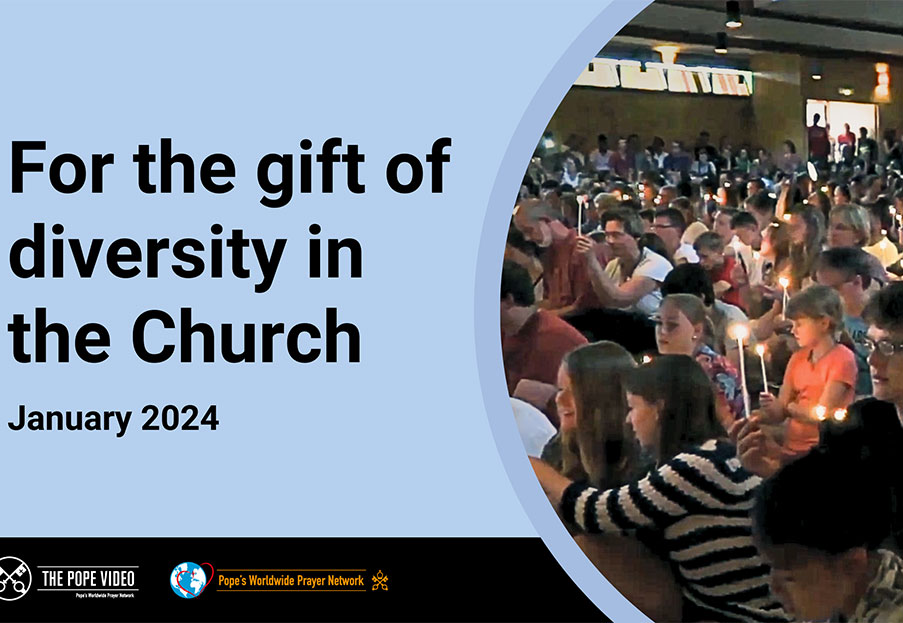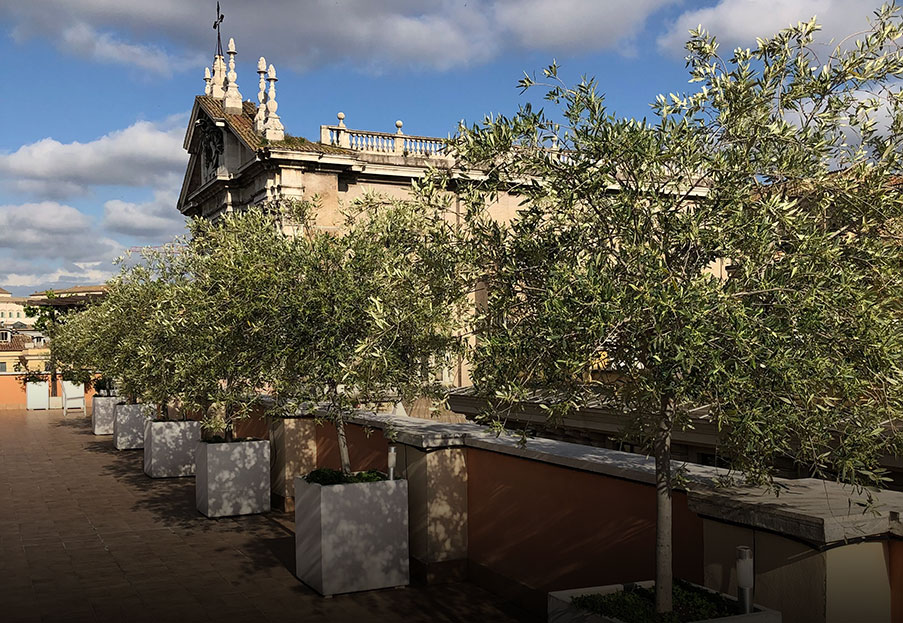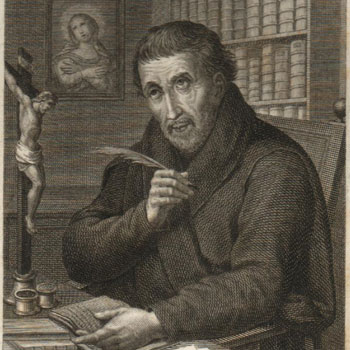Laudate Deum – Pope Francis renews his call to protect our common home
On Wednesday, 4 October, Pope Francis has issued his Apostolic Exhortation Laudate Deum (Praise God), a follow-up statement on ecology to his Encyclical Laudato si’ on the Care of Our Common Home, which was issued eight years ago. The release of Laudate Deum on St. Francis of Assisi’s liturgical feast day corresponds not only with the end of the Season of Creation, but also with the start of the month-long Synod on Synodality.
In the new document, Pope Francis adds that “our responses have not been adequate” eight years after Laudato si’, in which he revealed his heartfelt worries for the care of our common home; and yet the world continues to feel the consequences.
Reflecting
on the global climate problem, Pope Francis argues that increasing incidences
of extreme weather events (heat, droughts) are evidence of “a silent disease
that affects everyone” and he urges everyone not to dismiss it. He observes
that it is no longer feasible to reject the human “anthropic” origins of
climate change; it is clear that the concentration of greenhouse gases in the
atmosphere, which was steady until the 19th century, has increased
in tandem with industrial development during the last 50 years. Furthermore,
the recent half-century has experienced the most exceptional rise in
temperatures, larger than any time in the previous two thousand years.
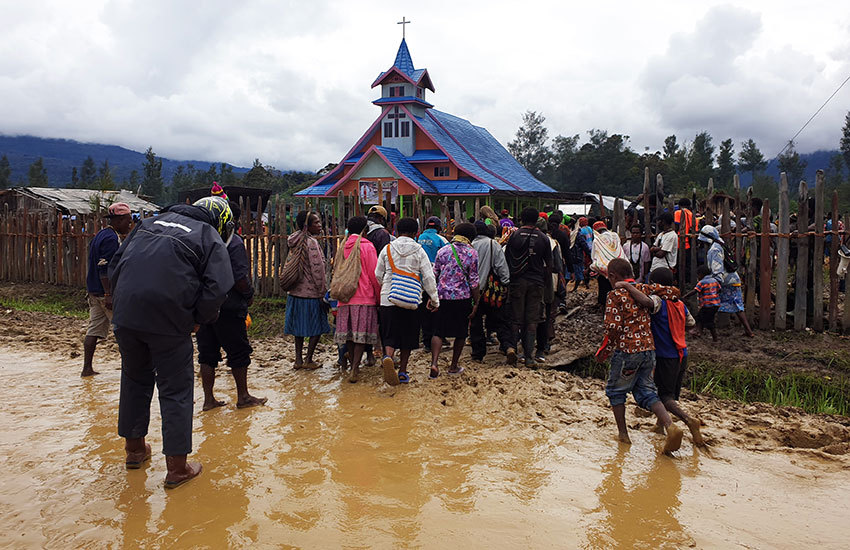
While emphasizing that we should not ignore the real possibility that we are approaching a “critical point,” Pope Francis encourages us to consider a broader perspective that allows us to appreciate the marvels of progress while also paying attention to the occasionally harmful effects that were unimaginable a century ago.
Pope Francis returns to the issue of the technocratic paradigm behind the current environmental decline, which he discussed before in Laudato si’. He warns that “not every increase in power represents progress for humanity” in the face of rising powers brought about by technology. He emphasizes that “a healthy ecology is also the result of interaction between humans and the environment.” In this light, we must reconsider “the question of human power, its meaning and its limits.”
Another
problem raised by the Pope in his Apostolic Exhortation is the weakness of
international politics. He supports multilateralism as a strategy of building
more powerful world organizations capable of providing for the global common
good, eradicating hunger and poverty, and defending human rights. He advocates
reconstructing and re-creating old multilateralism while taking into
consideration the new international situation, emphasizing that our world has
grown so multipolar and complicated that a new framework for collaboration is
required.
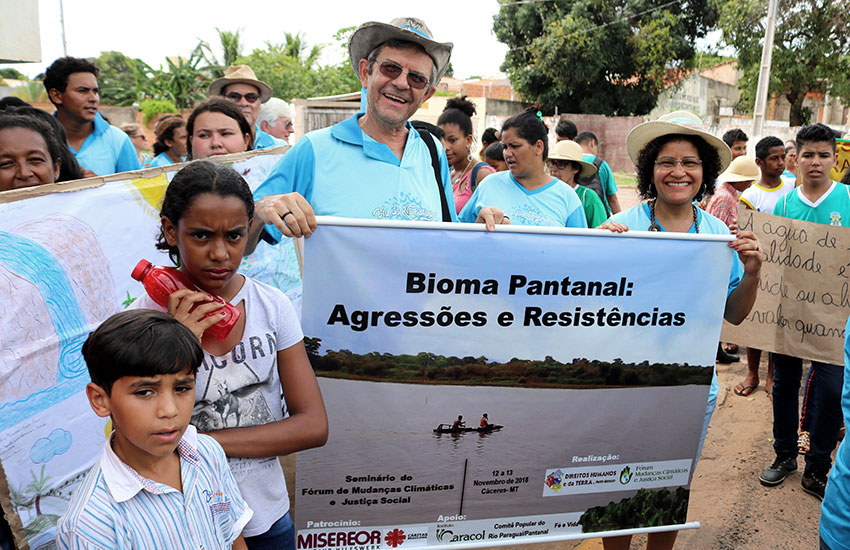
Photo by CPAL.
Pope Francis then examines past climate conferences, highlighting their successes and faults. He observes that some of these conferences’ agreements have been “poorly implemented” due to a lack of an appropriate supervision system, periodic evaluations, and sanctions, and that their accords still require efficient means of practical implementation. Looking ahead, the Pope hopes that the COP28 meeting in the United Arab Emirates would allow for a dramatic acceleration of the energy transition, with effective commitments and continuing monitoring. He wants COP28 to start a new process that will be drastic, intense, and will rely on everyone’s dedication.
The
Holy Father reminds the faithful of the spiritual motivations born of their
faith, emphasizing that “God saw everything that he had made, and indeed, it
was very good” (Gen 1:31), and thus responsibility for God’s earth means
respecting the laws of nature and the delicate equilibra between the
creatures of the world. He asks everyone to join him on this pilgrimage of
reconciliation with our common home in order to make it more beautiful, because
that commitment “has to do with our personal dignity and highest values.”
